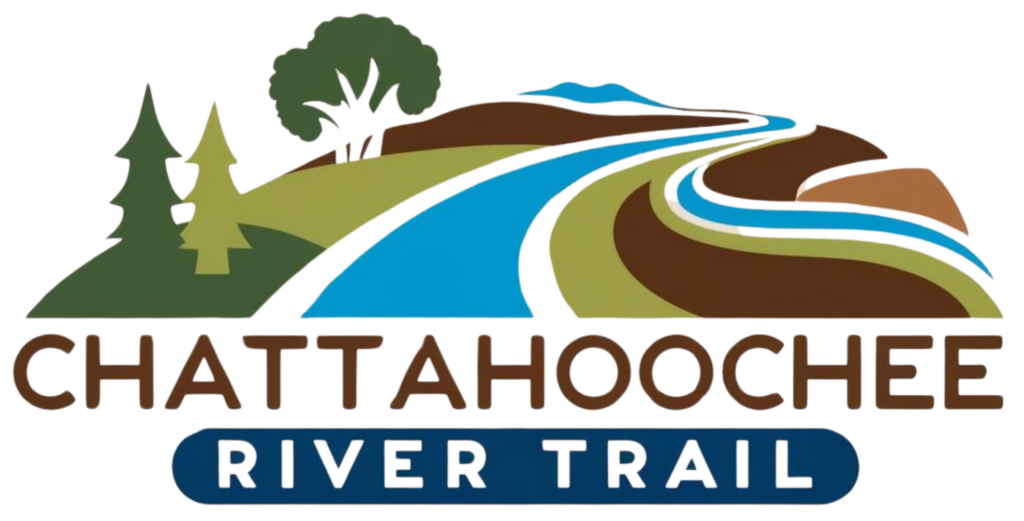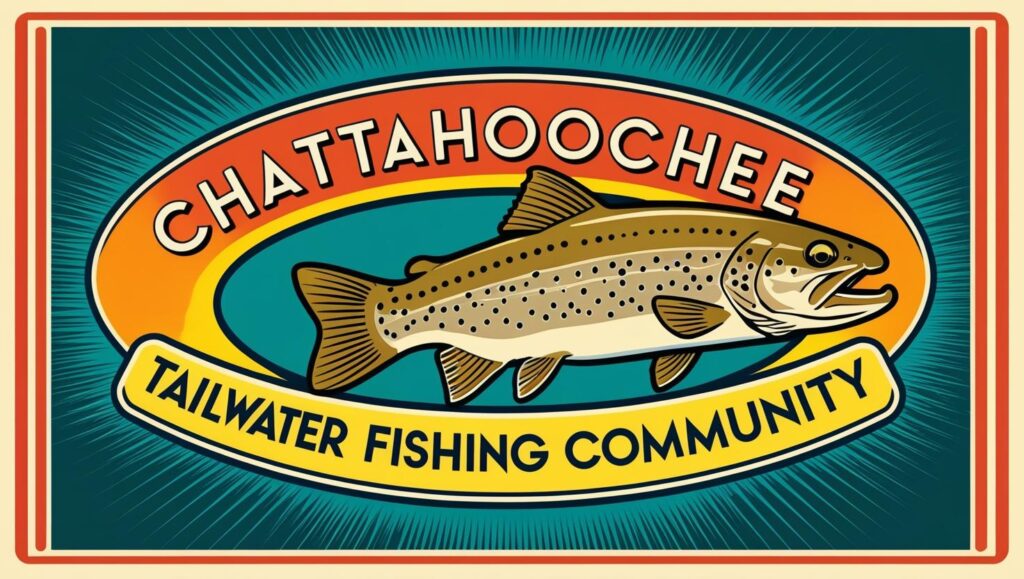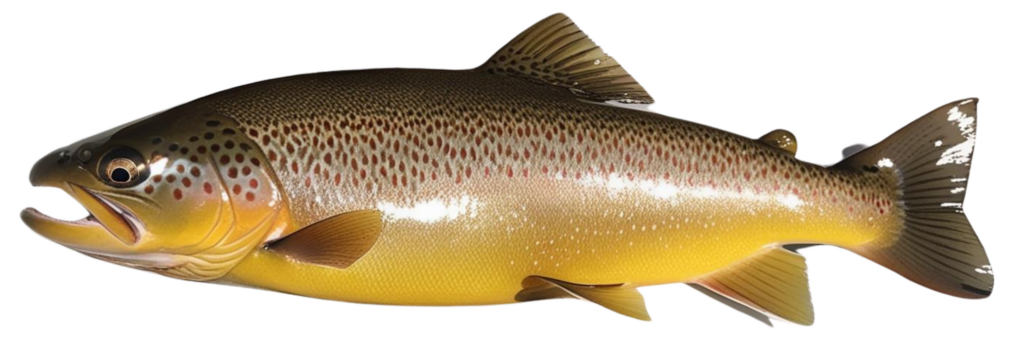Medlock Bridge Park and Boat Ramp, located in Johns Creek, Georgia, is a prominent recreational site along the Chattahoochee River. As part of the Chattahoochee River National Recreation Area (CRNRA), this park offers a blend of historical significance, scenic beauty, and diverse amenities that make it a favorite destination for outdoor enthusiasts. Below is a comprehensive overview of Medlock Bridge Park and Boat Ramp, including its historical background, facilities, and the reasons it is such a popular location for recreation on the Chattahoochee River.
Historical Significance
The area surrounding Medlock Bridge has deep historical roots that date back to the early 19th century. Originally part of Cherokee territory, the region was home to trading posts and agricultural communities established by pioneer families such as the Medlocks, Rogers, and McGinnises. The name “Medlock Bridge” itself is derived from one of these early families who contributed to the area’s development.
In the early 1800s, ferries were vital for crossing the Chattahoochee River, and Warsaw Ferry was one of the key crossings near what is now Medlock Bridge. This ferry played an essential role in connecting communities on either side of the river and facilitating trade. By the late 19th century, bridges began replacing ferries as transportation infrastructure improved. Medlock Bridge Road was initially a dirt road but was paved in the 1950s and widened in 1993 to accommodate increasing traffic due to suburban growth.
The area saw significant changes in the late 20th century with rapid residential and commercial development. Johns Creek evolved into a thriving community with subdivisions like St. Ives and Sugar Mill, retail centers along State Bridge Road, and educational institutions such as Northview High School. Despite these modern developments, Medlock Bridge Park retains its connection to the river’s historical legacy.
Amenities
Medlock Bridge Park is equipped with various amenities that cater to visitors seeking outdoor activities or relaxation:
- Boat Ramp: The paved boat ramp provides access for powerboats, canoes, kayaks, rafts, and tubes. It is one of the busiest launch points along this stretch of the Chattahoochee River.
- Parking: The park has ample parking spaces for vehicles of all sizes, including trailers and RVs. This ensures convenient access for visitors bringing their own watercraft.
- Restrooms: Accessible restrooms are located near the boat ramp for visitor convenience.
- Picnic Areas: Multiple picnic tables are available throughout the park, offering scenic spots for family outings or group gatherings.
- Trail System: The Medlock Bridge Trail System includes several interconnected paths that provide views of the river and surrounding woodlands. The trails are well-marked with maps at junctions.
- Trash Disposal: Trash receptacles are strategically placed throughout the park to maintain cleanliness.
Recreational Opportunities
Medlock Bridge Park is a hub for outdoor recreation on the Chattahoochee River. Its combination of calm waters, accessible launch points, and scenic surroundings makes it appealing to visitors seeking adventure or relaxation.
Fishing
Fishing is one of the most popular activities at Medlock Bridge Park due to its proximity to Buford Dam. The cold water released from the dam creates ideal conditions for trout year-round. Anglers can catch rainbow trout and brown trout in this section of the river. Additionally, bass species such as shoal bass thrive in warmer downstream waters.
Boating
The boat ramp at Medlock Bridge allows easy access to various sections of the Chattahoochee River. Popular boating routes include:
- McGinnis Ferry to Medlock Bridge (9 miles)
- Abbotts Bridge to Medlock Bridge (4.5 miles)
- Medlock Bridge to Jones Bridge Canoe (2.1 miles) or Jones Bridge Boat (2.4 miles)
These routes offer opportunities to explore calm stretches of water interspersed with mild rapids.
Paddling
Medlock Bridge is an excellent starting point for paddling trips along the Chattahoochee River. Kayakers and canoeists can enjoy scenic views while navigating gentle currents. However, paddlers should monitor water release schedules from Buford Dam before starting their trips.
Hiking
The Medlock Bridge Trail System offers up to two miles of hiking paths that wind through wooded areas along the riverbank. While not extensive in mileage or difficulty, these trails provide opportunities for birdwatching and photography.
Floating
For those seeking leisurely recreation on the water, floating options include routes downstream from Medlock Bridge toward Jones Bridge or Garrard Landing Park.
Safety Considerations
Visitors should exercise caution when engaging in activities at Medlock Bridge:
- Water Quality: Check current estimated E. coli counts before entering the river; high levels can pose health risks.
- Water Release Schedule: Sudden changes in water flow caused by releases from Buford Dam can create hazardous conditions. It takes approximately 4 hours for released water to reach Medlock Bridge.
- Flow Rates: Paddling trips should be canceled if flow rates exceed 4,000 cubic feet per second (cfs) for kayaking or canoeing and 5,000 cfs for rafting.
Fees
Accessing Medlock Bridge Park requires payment of an entrance fee as part of CRNRA regulations:
- Day passes are available online or at park kiosks using credit/debit cards.
- Annual passes provide unlimited access to all CRNRA units.
Visitors must display their pass on their vehicle dashboard or carry proof on their phone when entering on foot or bike.
Conclusion
Medlock Bridge Park stands out as a unique destination along the Chattahoochee River due to its blend of history and recreation. Whether you’re launching a kayak for a peaceful paddle downstream or casting a line into trout-filled waters near Buford Dam’s tailwater zone, this site offers something for everyone. Its rich past combined with modern amenities ensures that visitors leave with lasting memories of this remarkable location along Georgia’s iconic river corridor.




